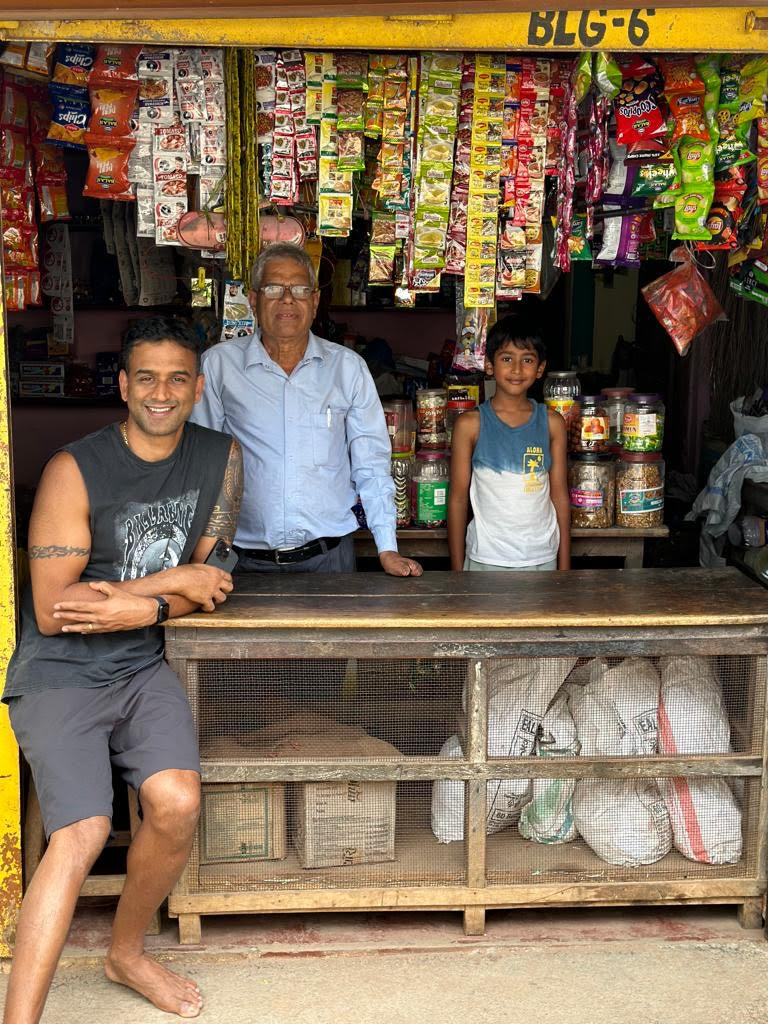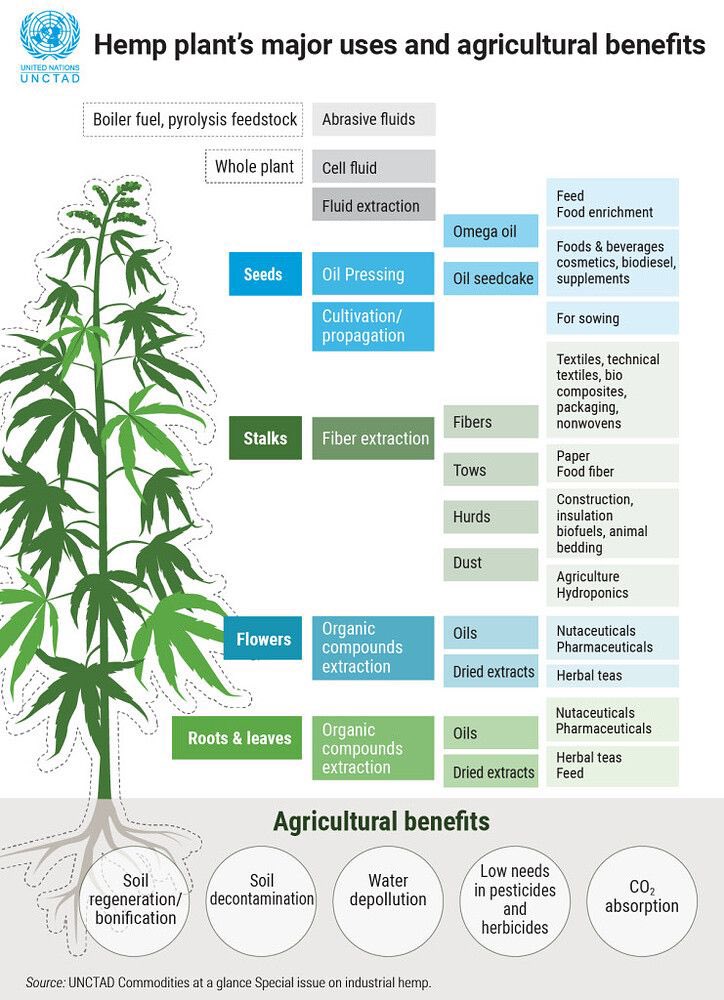As part of @RainmatterOrg, I get to be in meetings & learn from the smartest people in the social sector, like #ClimateRISE today.
The thing I still don't understand is why Philanthropy/CSR is oriented toward funding projects & not supporting organizations over the long-term 1/5
The thing I still don't understand is why Philanthropy/CSR is oriented toward funding projects & not supporting organizations over the long-term 1/5

In both profit and non-profit organizations, the odds of creating returns or impact are highest when you find the right founders and give them enough runway to experiment. Founders can then figure out what works and do more of that and less of what doesn’t.
2/5
2/5
It is easier for founders to execute when there is clarity on funding to run the organization. This is especially important in the social sector, as the upside of doing well is a positive social impact which doesn't generate revenue to cover future fund requirements. 3/5
I hope that funders look at supporting non-profits in the same way they would back a for-profit: Find an idea close to your heart, find founders you can trust, give them the freedom to find the right product-market fit 😬, and provide enough runway to make a difference. 4/5
By the way, to know more on the ClimateRise alliance👇grove.rainmatter.org/t/climaterise-… 5/5
• • •
Missing some Tweet in this thread? You can try to
force a refresh

 Read on Twitter
Read on Twitter






